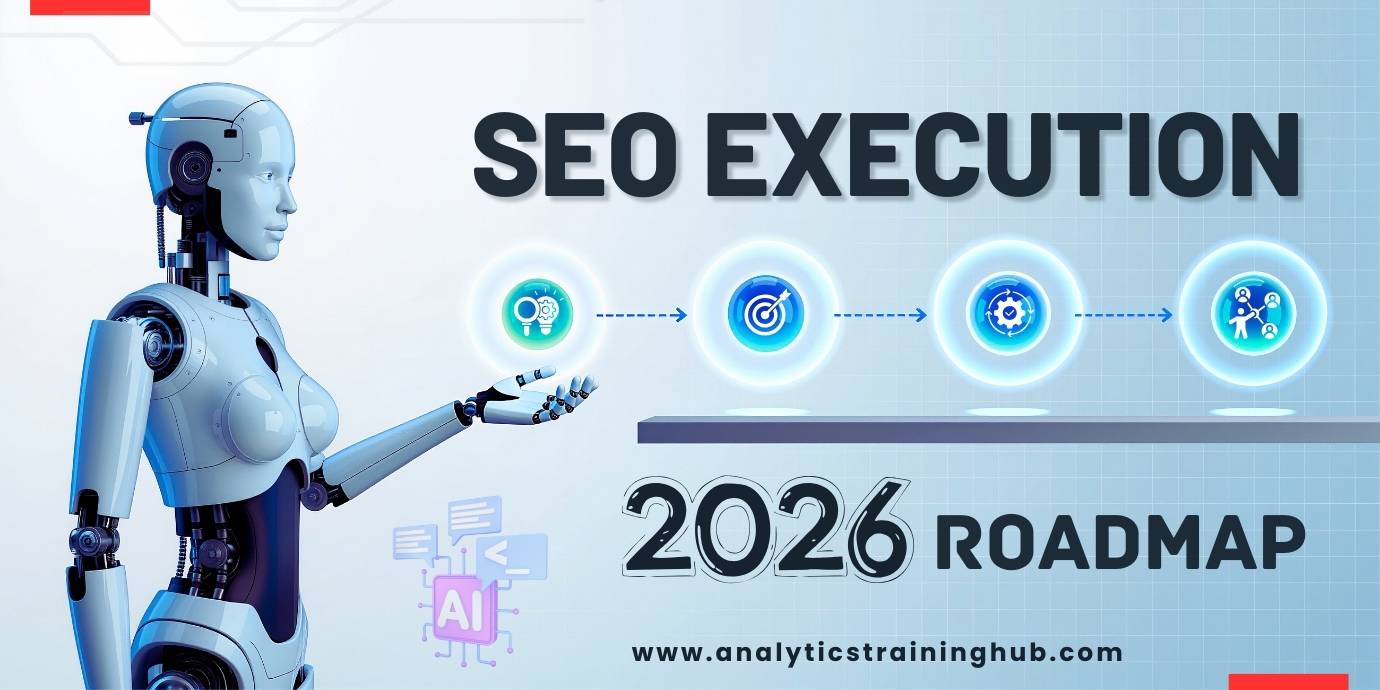
Descover how tableau training will increase ROI? In a rapidly changing and fast-paced, competitive data-driven world, organizations can no longer depend solely on instinct and static reports to make decisions to guide their business strategies. As large amounts of data are produced each day, it is critical to be able to quickly analyze and act on the data. Tableau helps businesses to leverage their data with an easy-to-use data visualization business intelligence (BI) tool, but the power in Tableau does not exclusively come from its features and functionality; it’s the people who are using the tool.
That’s where Tableau training comes into play. The investment you make in Tableau training puts knowledge and confidence in the hands of your teams to turn data into decisions, and as a result improve productivity and innovation, and ultimately return on investment (ROI).
What is Tableau?
Tableau is a powerful business intelligence (BI) and data visualization tool, that allows you to change raw data into readable and usable insights through interactive dashboards, charts, and reports. Tableau is able to connect to multiple data sources, can integrate cloud and on-premise databases and is easy to use by both technical and non-technical users.
Tableau supports a drag and drop approach, allows users to explore data in real-time, and can work with large sets of data. Industries like finance, health care, retail, education, and manufacturing all use Tableau, along with other industries to be able to visualize their data.
The Importance of Tableau Training
Tableau is designed to be intuitive and easy to use, but it’s a powerful program with plenty of depth and it requires training to take full advantage of it; under the right conditions some features can be missed, dashboards built inefficiently or data misinterpreted, if not trained properly.
- Education to Achieve Users in Self-Service Analytics
The greatest strength of Tableau is self-service analytics; self-service allows users to explore data on their own without needing heavy reliance on IT or BI. Training provides the structure needed to teach users:
- How to connect and blend data together
- How to use filters, parameters, and calculations
- Best practices for visualization and storytelling
After training, staff will learn to become more confident and capable data users that can find answers and uncover insights alone and independently
- More effective and faster data-driven decisions
Training engages and gets users using Tableau faster, all of which can help staff make data driven decisions in their areas of responsibility through:
- Building dashboards that get updated in real time
- Identifying trends, anomalies, or opportunities without relying on other teams
- Quickly and visually share insights across teams
This speed helps create insights and has lower costs associated for the organisation to act upon with efficiency.
- Tailored Insights for all Departments
Training will help different business units understand how Tableau could be used in their circumstances:
- Sales: Pipeline, conversion, regional performance
- Marketing: Campaigns, targeting clusters, lead scoring
- Finance: Budget, expenses
- HR: Workforce analytics, retention trends, diversity metrics
- Operations: Inventory management, supply chain monitoring, production tracking
- Less Burden on IT
- Trained users help to alleviate the demands placed on IT departments, including:
- Their own data connections.
- Updates to dashboards and enhancements.
- On the fly reporting utility.
- This allows IT to focus on strategy and improving infrastructure.
- Building a Data Culture
Tableau training will instill an attitude of exploration, curiosity, and decisions based on evidence. It allows for:
- Better questions being asked.
- Confirming assumptions using data.
- Transparency in establishing where performance is being tracked.
Data literate organizations adapt and respond faster than their competitors when market conditions change.
Driving ROI Through Tableau Training
- Increased Efficiency
- Tableau-trained users will decrease time by avoiding manual work such as:
- Copying and pasting data from spreadsheets
- Creating static PowerPoint reports
- Emailing files back and forth
Instead, they will create dynamic dashboards that auto-refresh that enables collaboration in real-time and allows them to update faster.
- Improved Decision Making
The cost of data misinterpretation can be costly. In Tableau training, we will focus on the skills required for interpreting data and best practices for visualization so that decisions are based on accurate and well-structured information.
- Scalable Analytics Across Teams
Once trained, power users can become internal champions, helping others to jump into analytics and scale the adoption of analytics without a proportional increase in cost. This has a network effect to increase the ROI on training
- More Cost Effective Use of a Tool
Many organizations pay for Tableau licenses, but do not take full advantage of them. Training will ensure:
- They know the possibilities of features
- How to identify the optimal performance for dashboards
- Are extracting value from integrations (Salesforce, Excel, Snowflake)
- More innovative, agile, and adaptable
When organizations have a Tableau trained work force, they are able to validate hypotheses through testing, move into new markets, and pivot when required. With this skillset, they do not have to react, and are engaging at a proactive and innovative level with business.
What do you want from a good Tableau Corporate Training?
A successful Tableau training program should be customized to your organization’s needs and user maturity level. They generally include the following:
- Beginner to Advanced Module: From the very basics of dimensions/measures in Tableau, up to advances LOD (Level of Detail) expressions and data blending
- Live Hands-on (With Real or Sample Business Data): Active learning to practice with
- Use Case Based Learning: In the session they build dashboards based on real use cases across various departments
- Post-Training Support: A combination of Q&A, follow up refresher sessions, and community based, peer support
- Certification Preparation Optional: If your organization is enabling a path towards an official Tableau certification
Real-Life Examples: A Real ROI
Case Study One: Retail Company Reduced Reporting Time By 60%
A nationwide retail company trained over 40 team members in Tableau. This team produced weekly sales reports that normally took them 3-4 days to compile with Excel. After Tableau training, the reports were automated with Tableau, available in real-time, and had reduced more than 60% of the report making process
Case Study Two: Financial Firm Improved Quarterly Forecasting Accuracy
A finance team at a mid-sized investment firm learned to connect Tableau to their budgeting platform. Using forecasting models, their team improved how quarterly revenue forecasts were calculated, and reduced variance from actuals by 25%.
Case Study 3: HR Teams Promotions Engagement and Recruitment Pipelines with Interactive Dashboards
An HR department leveraged Tableau training to build dashboards to track, hiring pipeline, DEI metrics, and attrition. Because they had interactive dashboards, the HR leadership made data-informed decisions, and HR and employees better communicated about issues concerning recruitment and guidance on changing engagements.
Common Problems Tableau Training Overcomes:
- Absence of User Adoption: Training can motivate users to adopt the tool and reduce the fear of trying new things.
- Data Silos or Data in Disparate Workbooks: Users can learn how to blend data from multiple sources together.
- Dashboards are not Leveraged: Train users to improve their design & narrative, and improve interactivity.
- Reporting frequently done in a manual way: Report users can learn to automate & schedule reporting updates.
- Business Intelligence Bottlenecks: More BI Report end users can create their own reports, sending reports through the funnel that could have been made much quicker by the end users.
Conclusion:
Organizations are only at a point of success with their data assets if their people can leverage it in the age of digital transformation when data is one of their biggest assets. Tableau is a robust platform, but the return on investment that businesses receive comes from the user results from the use working in Tableau. When businesses invest in Tableau training, they promote best practices that foster quick insights, better & smarter decisions, and increases collaboration across teams.
Investing in Tableau workshops or training will help reduce reporting time, increase the accuracy of forecasts, and promote deeper data culture with more focus on innovation. If you want to change your organization from having plenty of data to insight, there is no better time to do it.
Are you looking to deliver Tableau training for your company? Reach out to the Analytics Training Hub to see if our custom designed Tableau workshops can help align your training with your organization goals & your data maturity.




